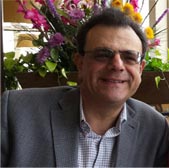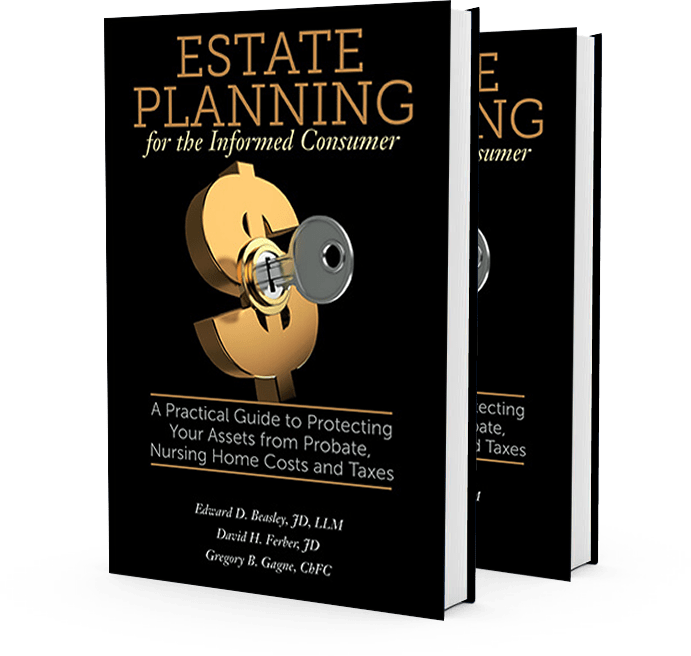As we age, one of our primary concerns is protecting our assets, including our homes. One strategy that some people consider is gifting their home to their children. While this may seem like a straightforward way to protect the value of your property and pass it on to your children, there are several important factors to consider before making such a decision.
In this article, we will explore the benefits and risks of gifting your home to your children, and what you need to know before taking this important step.
The Benefits of Gifting Your Home to Your Children
Gifting your home to your children can have several benefits, including:
Protection from creditors: By gifting your home to your children, you remove the asset from your estate, which means that it is no longer vulnerable to creditors. This can be particularly important if you are facing a lawsuit, bankruptcy, or other financial difficulties.
Reduced estate taxes: If your estate is large enough to be subject to estate taxes, gifting your home to your children can help reduce the tax burden on your estate. This is because the value of the home is no longer part of your estate, and therefore not subject to estate taxes.
Simplified probate: Probate is the legal process that occurs after someone dies to distribute their assets. If you gift your home to your children, it can simplify the probate process, as the property will already be in their name.
The Risks of Gifting Your Home to Your Children
While there are benefits to gifting your home to your children, there are also some significant risks to consider, including:
Loss of control: Once you gift your home to your children, you no longer have control over the property. This means that you cannot sell it, mortgage it, or make any other decisions about the property without the permission of your children.
Tax consequences for your children: If your children sell the property, they may be subject to capital gains taxes on the increase in value from the time you gifted it to them. This can be a significant financial burden for your children.
Medicaid eligibility: If you need to qualify for Medicaid to pay for long-term care, gifting your home to your children can impact your eligibility. Medicaid has a five-year “look-back” period, which means that any gifts made within five years of applying for Medicaid can impact your eligibility.
What You Need to Know Before Gifting Your Home to Your Children
If you are considering gifting your home to your children, it is important to work with an experienced elder law attorney who can help you understand the legal and financial implications of this decision. Some key factors to consider include:
Your overall estate plan: Gifting your home is just one aspect of your overall estate plan. Your attorney can help you understand how this decision fits into your broader goals for your assets and your family.
Your tax situation: Gifting your home can impact your tax situation, both in terms of estate taxes and income taxes. Your attorney can help you understand the tax implications of this decision.
Your children’s financial situation: Before gifting your home to your children, it is important to consider their financial situation and how this decision may impact them. This includes considering the tax consequences and the potential loss of control over the property.
In Conclusion
Gifting your home to your children can be a useful strategy for protecting your assets and passing them on to the next generation. However, there are also significant risks to consider, and it is important to work with an experienced elder law attorney to understand the legal and financial implications of this decision.
Contact Beasley & Ferber for Assistance
At Beasley & Ferber, we have over 60 years of combined experience in estate planning. For more information about estate planning and to get started with an estate attorney in New Hampshire today, please contact Beasley & Ferber today.















